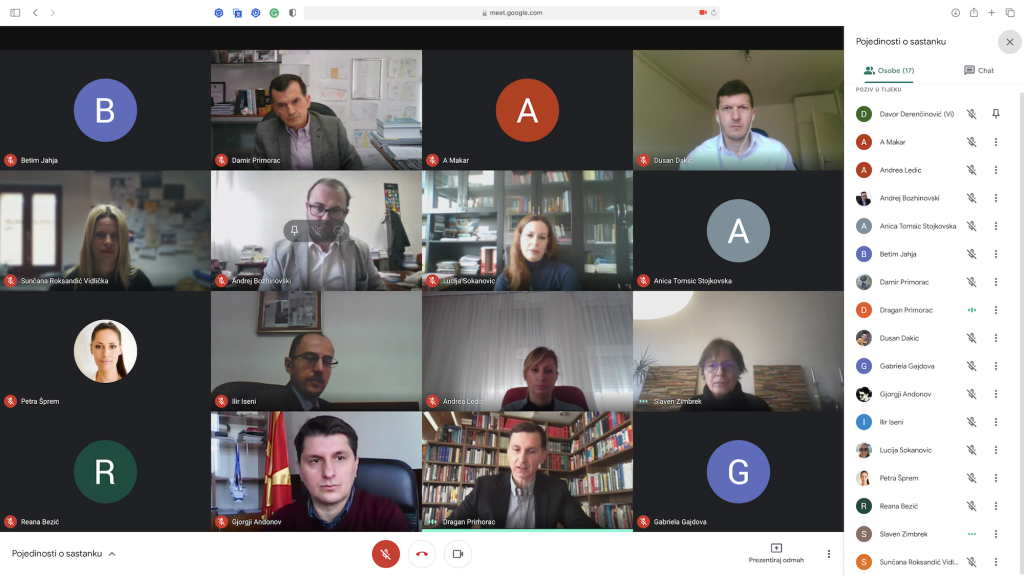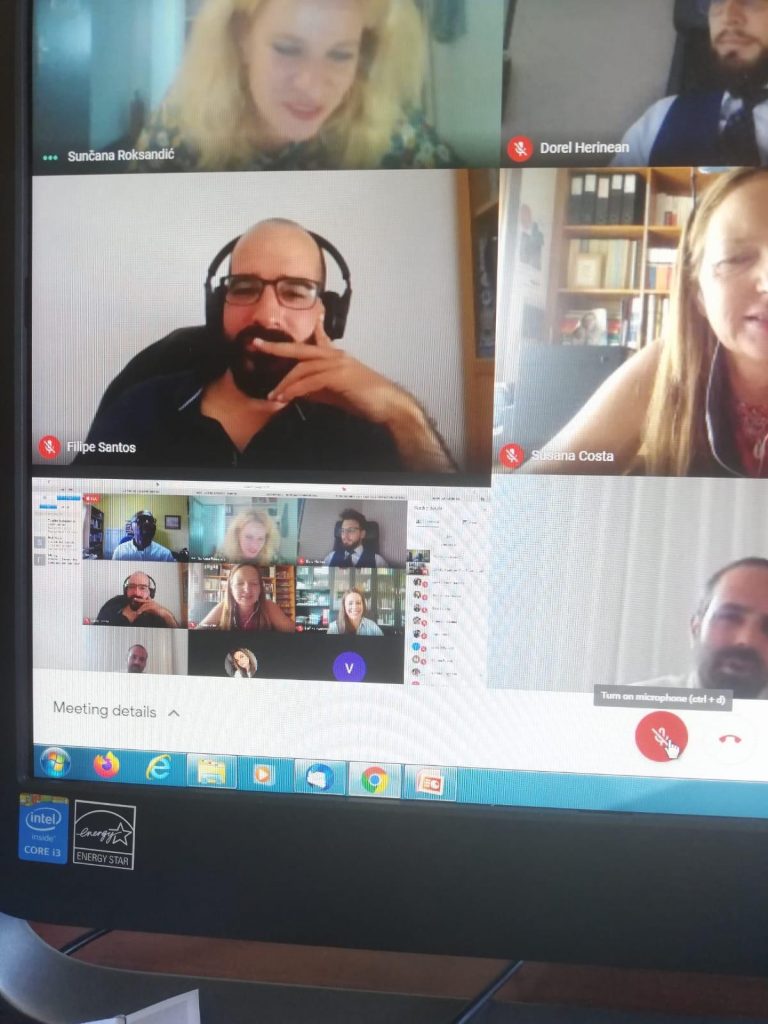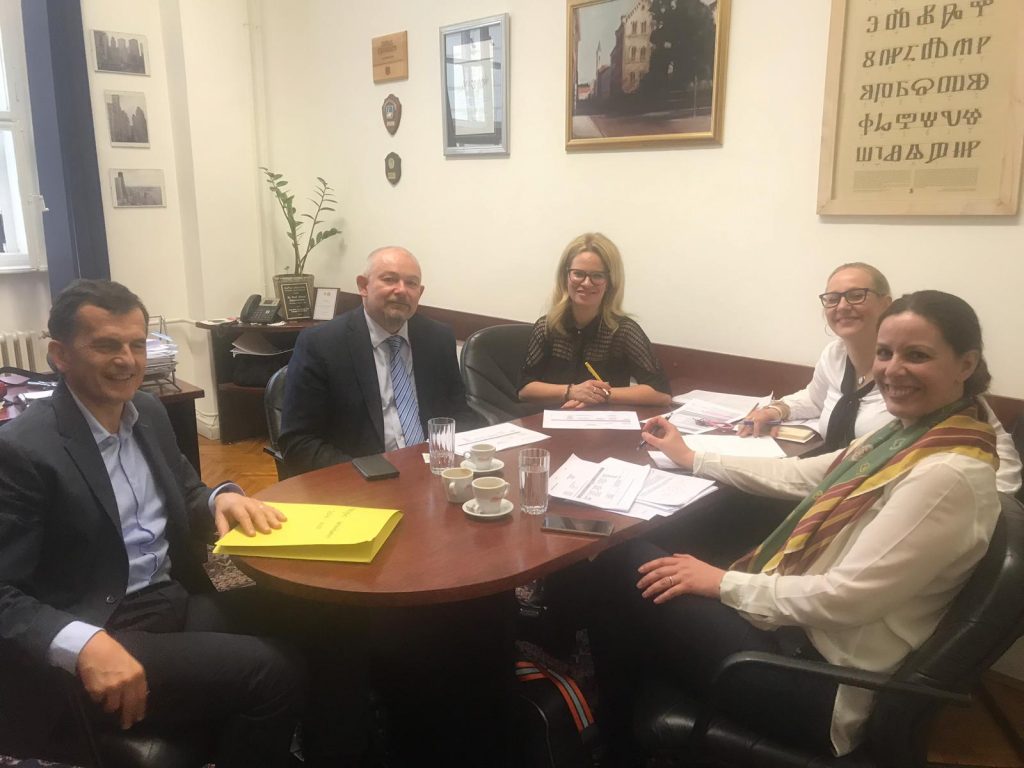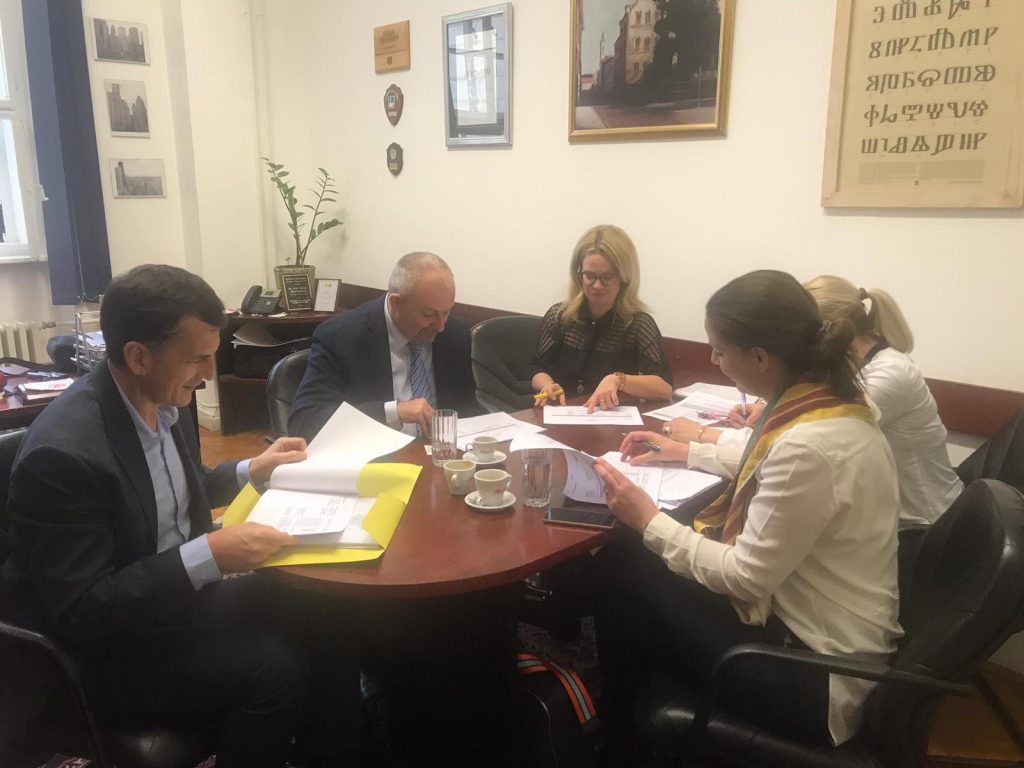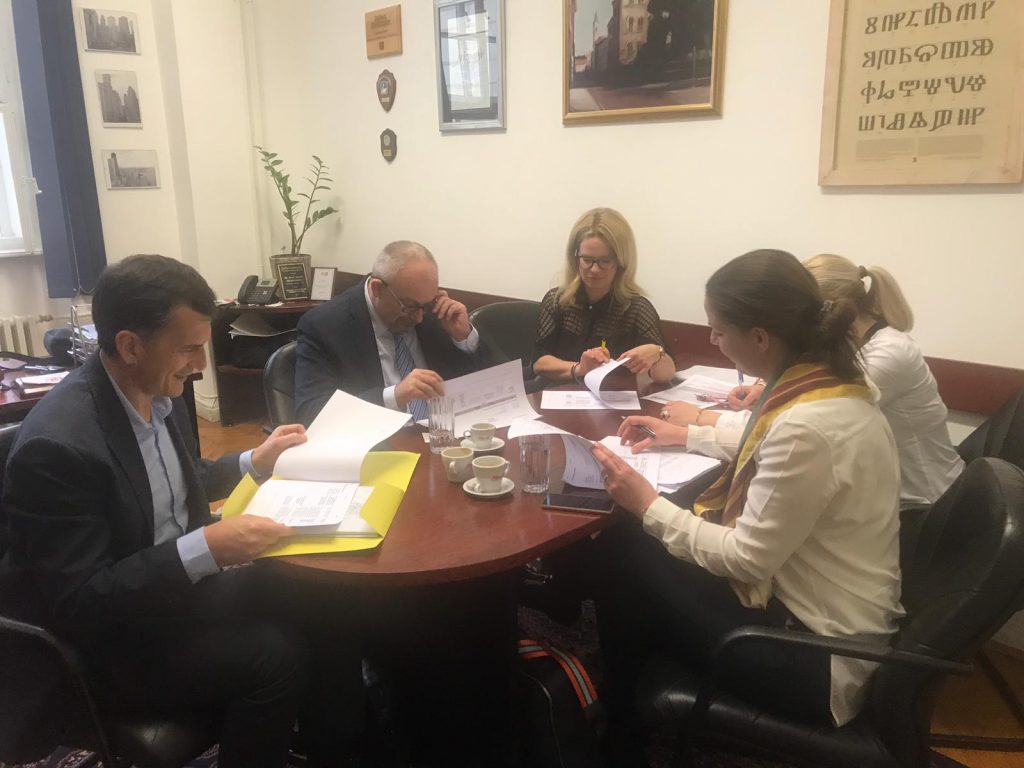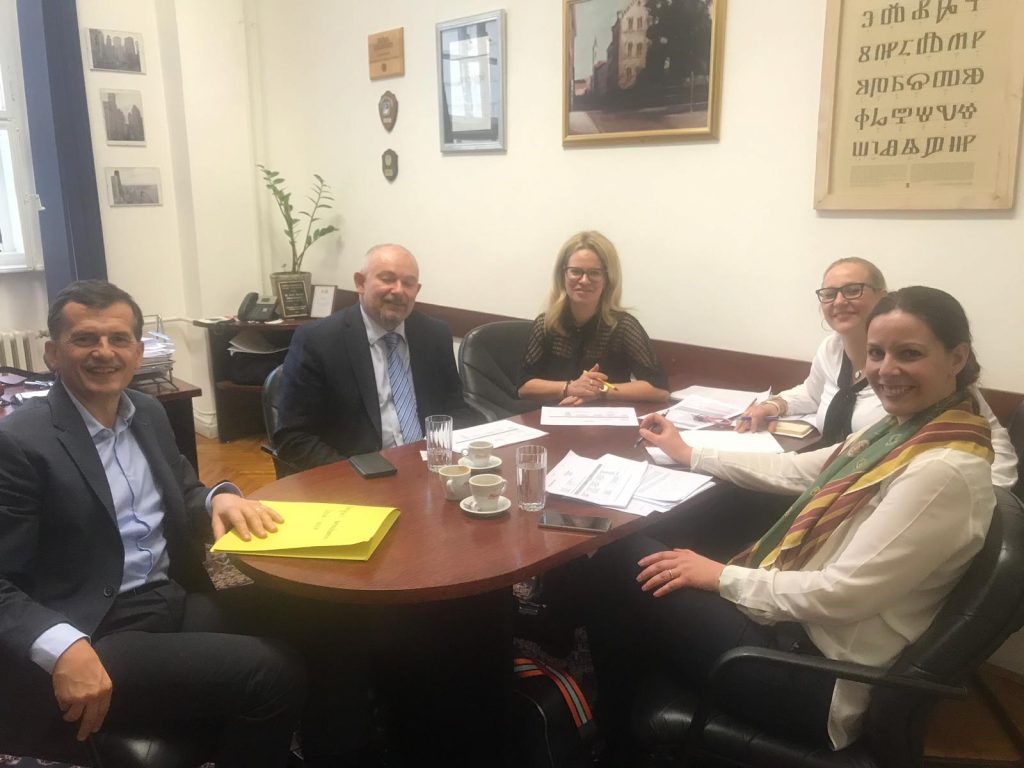
Innocence project in Croatia – Project goals
The CroINOP project is intended to realize itself through six chief goals. Firstly (O1.), through the establishment, development and upgrading, then (O2.) through the planning and creating of a subject development strategy and the research scope, thirdly (O3.), the goal would be to apply CroINOP in practice via the counseling of convicts with a basis for a new trial by means of subsequent DNA analysis and proceedings through the engagement of intellectual service providers (attorneys). Based on the research and collected data, a CroINOP database would be established, developed and upgraded (O4.). All the data would be analyzed (O5.) and the results would be a basis for the gathering of new knowledge and the suggestion of new solutions, which also constitutes the sixth goal (O6.), the presentation of the project results.
Expected results
The main goal of the project is the fulfillment of goals related to the primary research and then, or simultaneously, those related to the applied research, meaning the introduction of an experimental Innocence Project model in Croatia. Innocence Projects allow for the re-examination of convicts’ cases to determine their innocence. One of the main methods is subsequent DNA testing, which would be made by a licensed laboratory, something which would, among others, be enabled by this project to interested convicts. Innocence Projects have an influence on the judicial system so that they re-examine and correct mistakes by freeing innocent people and discovering and prosecuting real culprits. The primary purpose of the project would realize justice through providing expert aid to persons convicted, despite them not being culprits (this is the case of the so-called factual innocence which is not directly tied with possible procedural breaches). The effects of the applied research would foremost be related to the practice and proceedings in such cases because a permanent model of an Innocence Project would allow convicts to obtain a new trial in situations in which they could not financially afford it. A significant effect of CroINOP would be the publication of gathered knowledge and experience via papers published in A1-categorised publications. According to the work plan, at least eight such articles would be released. Also, CroINOP has the goal of establishing a certain, if only temporary (for the duration of the project) database (A4.1.) on cases in which there would be a new trial via the project, but also on other research-relevant data. One of the crucial effects would be the creation of procedural guidelines for experts hired in such cases, but also for convicts. The guidelines would contain specific appendices like forms through which convicts could file a motion for a new trial, which is predicted to have a significant influence on current practice in such cases.
Project team
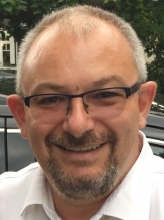
Professor Davor Derenčinović, project leader

Professor Dragan Primorac

Assistant professor Sunčana Roksandić

Assistant professor Marta Dragičević Prtenjača

Associate professor Damir Primorac

Assistant professor Lucija Sokanović

Steven W. Becker, Attorney at law
Innocence projects worldwide
News
Project research workshop, 21 January 2021
Through the online platform Google meet, a project research workshop was held on January 21, 2021, where project researchers and guests from abroad (North Macedonia, Serbia) discussed current issues and controversies regarding the use of molecular genetic analysis in criminal proceedings.
Participation at the conference of the European Society of Criminology, Bucharest, 11 September 2020 (online)
Scientific researchers at the “Innocence Project”, assistant professors Lucija Sokanović and Sunčana Roksandić presented the Croatian Project of Innocence to the international audience at the largest European conference bringing together leading experts in criminal law and criminology of the European Society of Criminology (Panel number: 115 – Presentation 3 ) on September 11, 2020 (14:30-15:45). The project was presented in a scientific panel and raised numerous questions from listeners, and other participants, experts, and scholars introduced to the first project of innocence in the Republic of Croatia.
The second meeting of the research group, 15 June 2020
On Monday, June 15, 2020, the second working meeting of the research group was held via the Google meet application. At the meeting, everything that has been realized so far on the project was discussed and activities were agreed until the end of the first reporting period. Despite the restrictions and the crisis caused by the COVID-19 virus pandemic and the earthquake in Zagreb due to which the premises of the Faculty of Law where the project headquarters are temporarily unavailable, members of the research group concluded that, given the circumstances, everything planned so far according to the working plan has been accomplished.
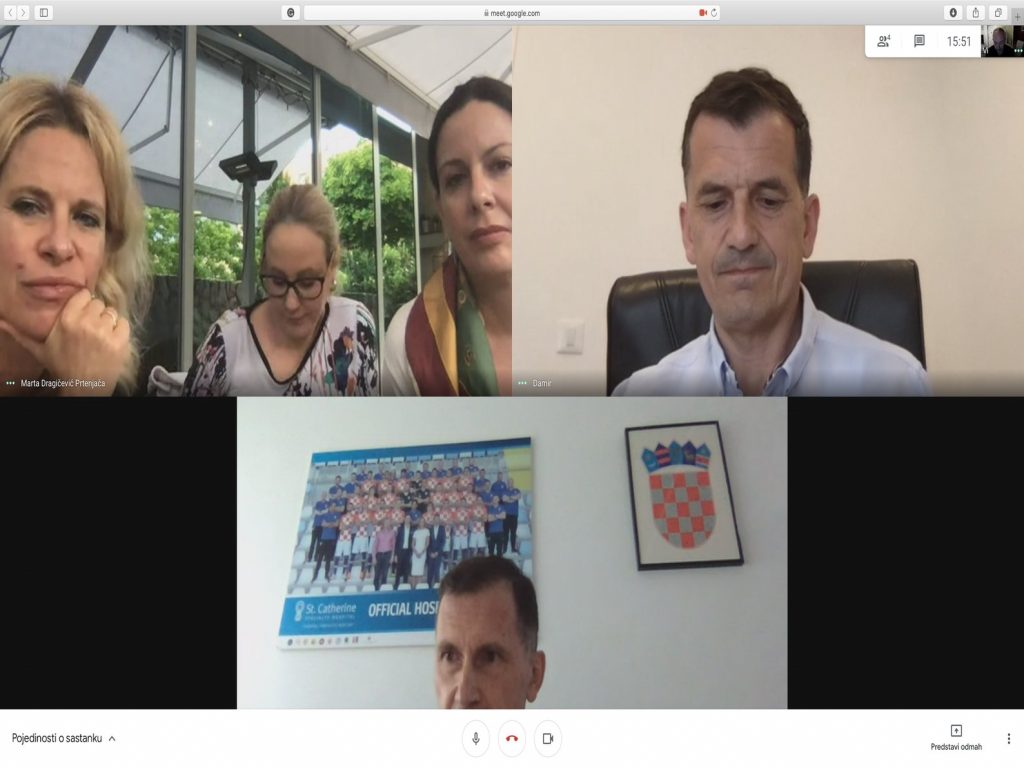
The first meeting of the research group, 18 February 2020
On February 18, 2020, the first meeting of the research group was held at the Faculty of Law in Zagreb. The meeting agreed on the activities envisaged in the first year of the project, development of web pages, introducing the public to work on the project and participation in scientific conferences and professional development of project managers and researchers.
